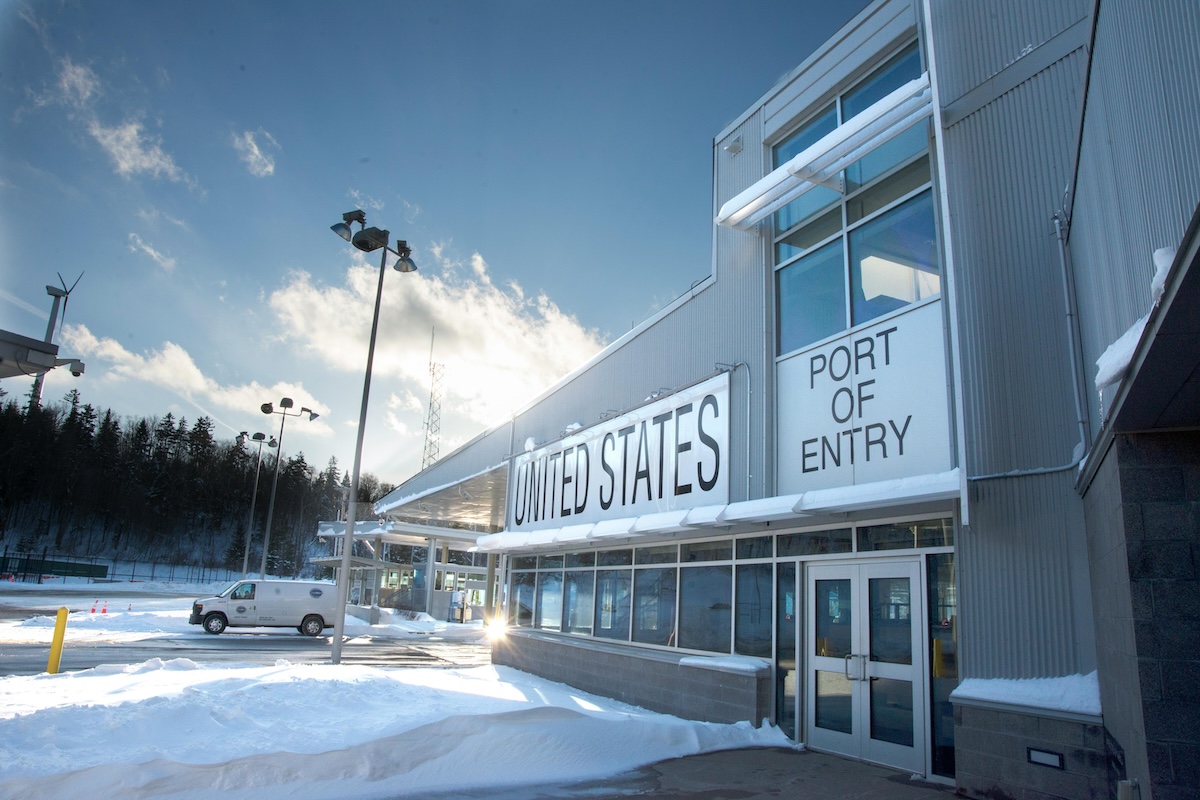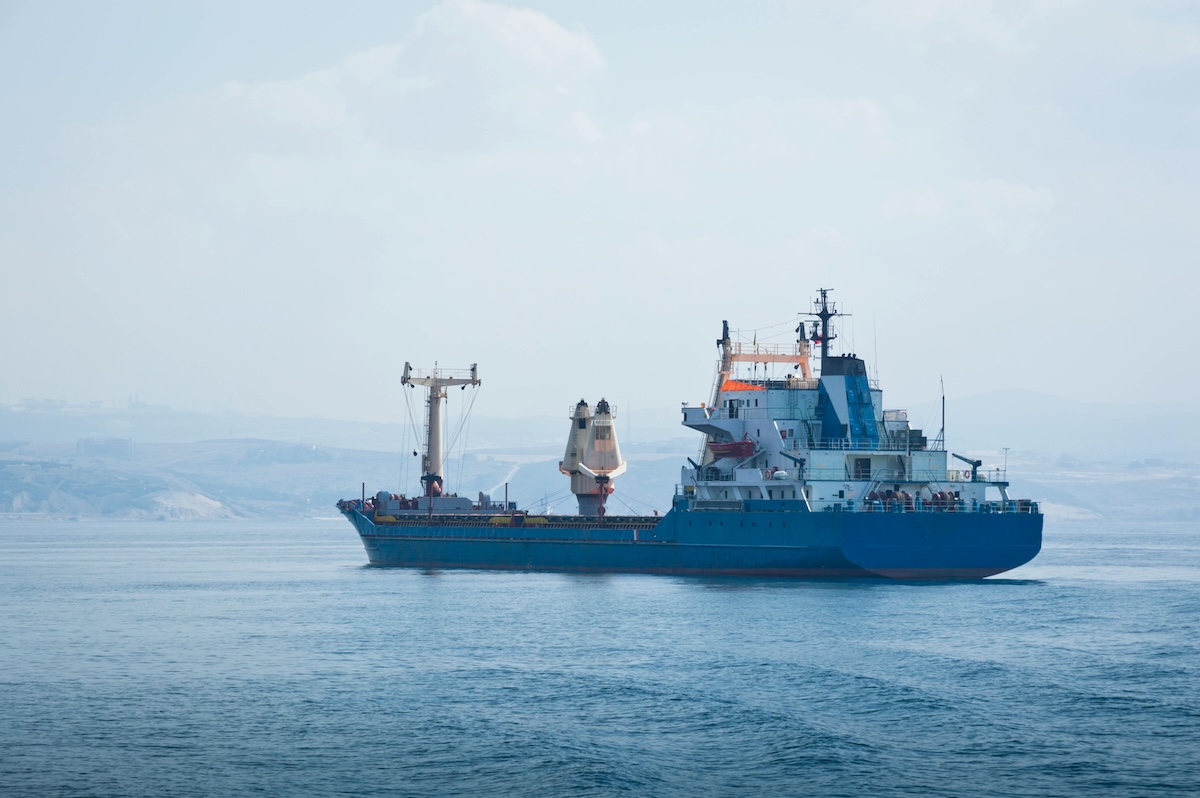ITAR Parties to a Transaction: Roles and Responsibilities

Article Summary
ITAR parties to a transaction include all individuals and entities directly or indirectly involved in an ITAR-controlled export, such as exporters, consignees, brokers, and freight forwarders.
The U.S. exporter, or applicant, is the party responsible for applying for export licenses, ensuring compliance, and maintaining transaction records.
The foreign consignee receives and holds the defense article, while the end user is the ultimate operator or beneficiary of the item or service.
Yes, freight forwarders handling defense articles must comply with ITAR, be registered with DDTC if brokering, and be screened against government watchlists.
Brokers act as intermediaries in arranging the sale or transfer of defense articles or services and must register with DDTC and comply with ITAR Part 129.
Proper identification ensures compliance, prevents unauthorized transfers, and protects against penalties, debarment, and loss of export privileges.
Introduction
Under the International Traffic in Arms Regulations (ITAR), every export or transfer of defense articles, defense services, or technical data must be tightly controlled and documented. A central element of this process is identifying the parties to a transaction. These are the individuals and entities directly or indirectly involved in an ITAR-controlled export, and their roles determine who must be vetted, licensed, and held accountable for compliance.
The concept of parties to a transaction is critical because ITAR compliance is not limited to the exporter alone. Each participant in the export chain—whether a manufacturer, consignee, freight forwarder, or broker—must operate within the framework of ITAR and maintain eligibility under U.S. law. Failure to properly identify and screen all parties can result in serious violations, including penalties, debarment, and loss of export privileges.
Key Details About ITAR Parties to a Transaction
1. Definition and Scope
According to ITAR § 120.64, “parties to the transaction” include any U.S. or foreign person who is directly involved in the export, reexport, retransfer, or temporary import of a defense article or defense service. This includes, but is not limited to:
- The U.S. exporter or applicant.
- The foreign consignee or end user.
- Any intermediate consignees or brokers involved in the transaction.
- The foreign end user who will ultimately use the defense article or service.
The definition also extends to related parties, such as freight forwarders, agents, and technical representatives, if they have direct access to or control over the export. By requiring full visibility of every participant, ITAR ensures accountability throughout the entire export process.
2. U.S. Exporter (Applicant)
The U.S. exporter, also referred to as the applicant, is the party that applies for the license or other authorization from the Directorate of Defense Trade Controls (DDTC). This entity bears primary responsibility for compliance with all ITAR requirements, including:
- Determining the correct jurisdiction and classification (U.S. Munitions List category).
- Submitting export applications and related agreements to DDTC.
- Verifying that all foreign parties are eligible and not debarred or sanctioned.
The exporter must also maintain comprehensive records of the transaction and ensure that all parties act within the limits of the approved authorization.
3. Foreign Consignee and End User
The foreign consignee is typically the entity abroad that receives and holds the defense article before it reaches its final destination. The foreign end user, by contrast, is the person or organization that will ultimately use or operate the defense article or service.
DDTC carefully reviews all foreign consignees and end users listed on a license application to ensure that exports serve legitimate purposes and align with U.S. foreign policy and national security interests. Exporters must conduct B'due diligence and end-use checks' to verify the bona fides of these parties, ensuring that the items will not be diverted, retransferred, or misused.
4. Freight Forwarders and Intermediaries
Although freight forwarders and logistics providers may not always appear as primary parties, they are often considered key participants in the transaction if they handle controlled defense articles.
ITAR requires exporters to ensure that their freight forwarders and intermediaries are:
- Registered with DDTC if they are involved in brokering or handling defense items.
- Informed of ITAR restrictions and the nature of the exported goods
- Screened against government watchlists such as the DDTC Debarred List and OFAC’s Specially Designated Nationals (SDN) List.
These requirements ensure that every step of the export chain—from manufacturing to final delivery—remains compliant and transparent.
5. Brokers and Indirect Participants
Under ITAR Part 129, a broker is anyone who acts as an agent or intermediary in arranging or facilitating the sale or transfer of defense articles or services, even if they never physically handle the item. Brokers are considered parties to the transaction and are subject to ITAR registration and approval requirements.
This inclusion reflects the U.S. government’s commitment to controlling not only direct exports but also indirect activities that could influence the transfer of defense technology abroad.
Conclusion
Understanding and correctly identifying the parties to an ITAR transaction is essential for maintaining compliance and safeguarding U.S. national security interests. Every participant—from the exporter to the end user—plays a role in ensuring that controlled defense articles and services are transferred only under lawful and authorized conditions.
By carefully screening all parties, maintaining accurate records, and securing the appropriate licenses, exporters can prevent violations, avoid penalties, and build a culture of compliance. In the complex world of defense trade, knowing who is involved is just as important as knowing what is being exported.
Key Points
What are ITAR parties to a transaction?
ITAR parties to a transaction include all individuals and entities involved in the export, reexport, retransfer, or temporary import of defense articles or services. These parties include:
- U.S. exporter (applicant): The primary party responsible for compliance and licensing.
- Foreign consignee: The entity abroad that receives the defense article.
- Foreign end user: The ultimate operator or beneficiary of the defense article or service.
- Freight forwarders and intermediaries: Logistics providers handling defense items.
- Brokers: Agents facilitating the sale or transfer of defense articles or services.
Who is the U.S. exporter in an ITAR transaction, and what are their responsibilities?
The U.S. exporter, also known as the applicant, is the party that applies for export licenses and bears primary responsibility for ITAR compliance. Their key responsibilities include:
- Jurisdiction and classification: Determining the correct U.S. Munitions List (USML) category.
- License applications: Submitting export applications and agreements to DDTC.
- Due diligence: Verifying that all foreign parties are eligible and not debarred or sanctioned.
- Recordkeeping: Maintaining comprehensive records of the transaction.
What is the role of the foreign consignee and end user in ITAR transactions?
- Foreign consignee:
- Receives and holds the defense article before it reaches its final destination.
- May act as an intermediary in the export chain.
- Foreign end user:
- The ultimate operator or beneficiary of the defense article or service.
- Must be vetted to ensure compliance with U.S. national security and foreign policy interests.
Exporters must conduct due diligence and end-use checks to verify the legitimacy of these parties and prevent diversion or misuse.
Are freight forwarders and intermediaries considered ITAR parties to a transaction?
Yes, freight forwarders and intermediaries are considered ITAR parties if they handle defense articles. Their responsibilities include:
- Registration: Registering with DDTC if involved in brokering or handling defense items.
- Compliance: Being informed of ITAR restrictions and the nature of the exported goods.
- Screening: Being vetted against government watchlists, such as the DDTC Debarred List and OFAC’s Specially Designated Nationals (SDN) List.
These measures ensure transparency and compliance throughout the export chain.
What is the role of brokers in ITAR transactions?
Brokers are individuals or entities that act as intermediaries in arranging or facilitating the sale or transfer of defense articles or services. Their responsibilities include:
- Registration: Registering with DDTC under ITAR Part 129.
- Approval: Obtaining DDTC approval for brokering activities.
- Compliance: Ensuring that all transactions align with ITAR regulations.
Brokers are subject to the same scrutiny as direct exporters to prevent unauthorized transfers of defense technology.
Why is identifying ITAR parties to a transaction important?
Properly identifying ITAR parties to a transaction is critical for:
- Compliance: Ensuring all participants operate within ITAR regulations.
- Accountability: Preventing unauthorized transfers or misuse of defense articles.
- Risk mitigation: Avoiding penalties, debarment, and loss of export privileges.
By maintaining accurate records and conducting due diligence, exporters can safeguard U.S. national security interests and avoid costly violations.










